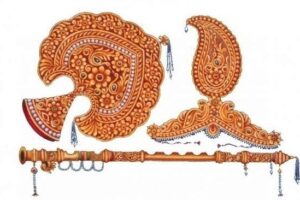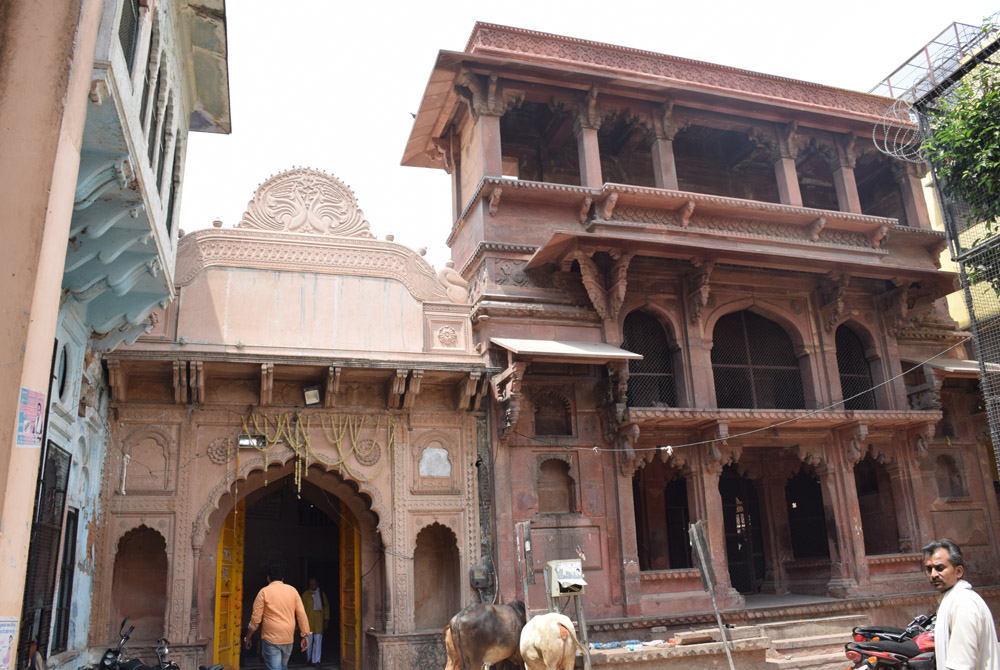Table of Contents
ToggleGau Seva Mahatva: The Importance of Cow Service in Our Lives

Gau Seva, or the service and care of cows, holds a revered place in the spiritual and cultural fabric of Indian society. Throughout centuries, the cow has been considered a sacred symbol, embodying motherly qualities and the nurturing spirit of nature. More than just an animal, the cow represents values of selfless service, purity, and prosperity. Engaging in Gau Seva, therefore, becomes a means of fostering not only personal growth but also communal well-being. This article explores the importance of cow service, its benefits, and why it remains a timeless tradition worth embracing.
1. The Spiritual Significance of Gau Seva
In Hindu culture, the cow is often referred to as Kamadhenu, the divine wish-fulfilling cow. Scriptures, such as the Vedas and Puranas, have numerous references to the cow’s sanctity, describing it as a manifestation of Mother Earth. Serving cows is believed to attract blessings, as it reflects humility, devotion, and gratitude toward nature and creation.
By partaking in Gau Seva, individuals embody these spiritual qualities, performing an act that symbolizes devotion to higher principles. Regular service to cows—providing food, shelter, and care—enables one to connect with values such as kindness, selflessness, and compassion. These principles guide people to lead a more fulfilling and spiritually aligned life.
2. Gau Seva and Environmental Harmony
Cows play a vital role in environmental preservation. In traditional farming, cow dung and urine are used as natural fertilizers and pesticides, which contribute to organic agriculture and reduce reliance on chemicals that harm the soil and ecosystem. Cow manure also serves as a natural energy source, fueling biogas production in rural areas and reducing the need for conventional fuels.
By engaging in Gau Seva, individuals contribute to this cycle of sustainability. Supporting the well-being of cows indirectly nurtures the land and upholds ecological balance. This connection with nature instills a sense of responsibility for environmental stewardship, reinforcing the holistic benefits of Gau Seva.
3. Gau Seva as a Path to Compassion and Community Service
Caring for cows is a practice that transcends individual benefit. It fosters compassion, as individuals recognize their role in nurturing and protecting these gentle creatures. Gau Seva involves ensuring that cows have adequate food, shelter, and medical care, often going beyond personal comforts for the well-being of another living being. This form of selfless service cultivates empathy and kindness, qualities that enrich both the individual and society.
Moreover, Gau Seva creates a sense of community. Many gaushalas (cow shelters) exist through the collective effort of volunteers and donors. By joining in Gau Seva, people from various backgrounds come together, unified by a common purpose. This shared act of compassion builds bonds within communities, promoting social harmony and unity.
4. Health Benefits Linked to Cow Products
Cow products, such as milk, ghee, and curd, have been revered in Ayurveda for their nourishing properties. These byproducts are considered sattvic, or pure, and are believed to benefit both body and mind. Furthermore, panchagavya, a blend of cow dung, urine, milk, curd, and ghee, is used in various health and spiritual practices, symbolizing the therapeutic potential of cow-based products.
Supporting and engaging in Gau Seva ensures that cows are raised in a healthy environment, where they can produce wholesome milk and other byproducts. By supporting Gau Seva, individuals benefit from these natural resources, which offer a healthy alternative to the often chemical-laden products available today.
5. Gau Seva as a Cultural Responsibility
Gau Seva upholds the cultural and religious heritage of India. This tradition has been preserved through generations, embodying the values and wisdom of ancient practices. By partaking in Gau Seva, people actively preserve their heritage and pass down these values to future generations.
Additionally, Gau Seva strengthens the spiritual identity of the community. For many, serving cows is an expression of reverence toward their faith and culture. By keeping this tradition alive, they honor the roots of their cultural beliefs and values, contributing to a legacy of compassion and spirituality.
6. Practical Ways to Engage in Gau Seva
Volunteer at a Gaushala: Many organizations and shelters provide opportunities to volunteer. Assisting with feeding, cleaning, or administrative tasks is a hands-on way to serve. Financial Support: Donating to trusted cow shelters helps them acquire food, medicines, and shelter for cows, especially for abandoned or injured ones. Adoption Programs: Some shelters offer programs where individuals can sponsor a cow, covering its needs. Promote Awareness: Sharing the significance of Gau Seva can encourage others to engage in this practice and support cow protection initiatives.
This is our daily activity in which you can join And by cooperating in this Aap can improve Apni spirituality life.







You can help in this by donating anything from your side.
- Donete For Gaushala & Gau Sewa
- Beneficiary Name: Shri Hit Harivansh Prachar Mandal Trust
- Bank Name :- Hdfc bank
- Acount No :- 50100354381444
- IFSC Code :- HDFC0000942

Conclusion
Gau Seva is more than an act of kindness toward animals; it is a spiritual, environmental, and cultural practice that enriches both the individual and society. It teaches compassion, promotes environmental sustainability, fosters social unity, and upholds timeless values. By integrating Gau Seva into our lives, we contribute to a world that respects all forms of life, honors ancient wisdom, and seeks harmony between humanity and nature. In serving the cow, we serve a higher purpose and connect with the true essence of devotion and selfless service.




